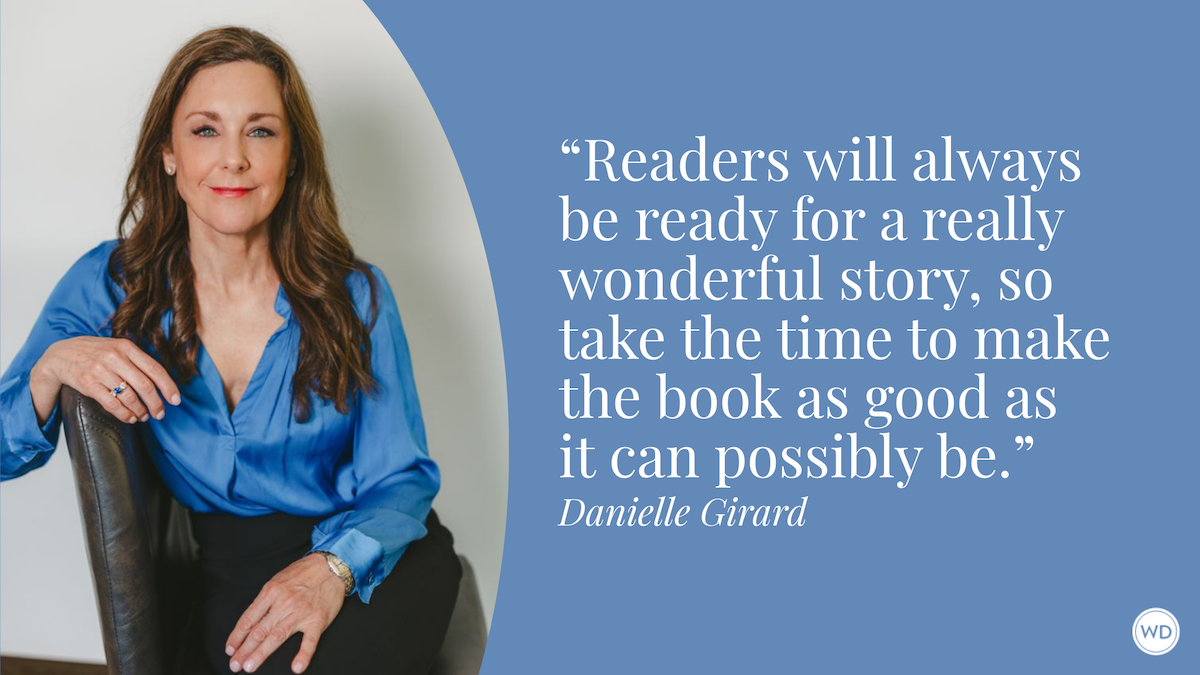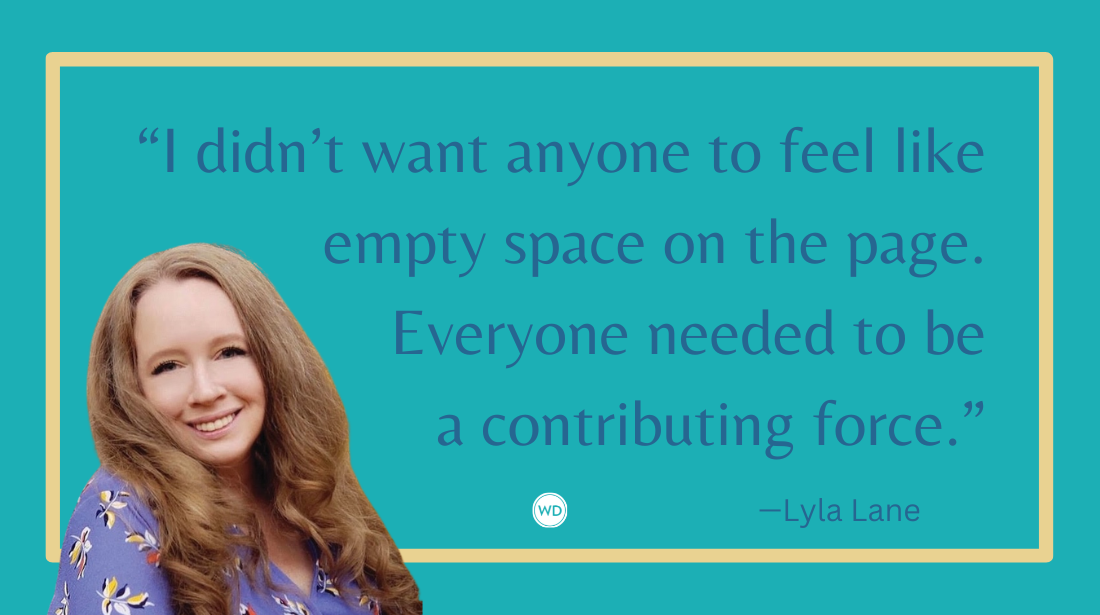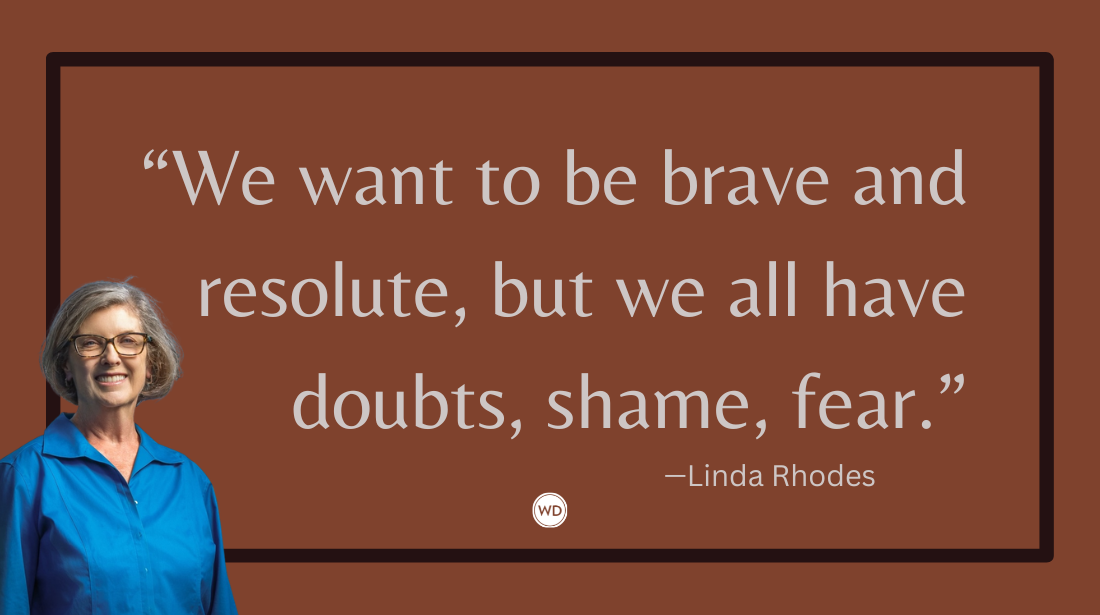Joe Nucci: On the Creative Endeavor of Nonfiction
In this interview, author and psychotherapist Joe Nucci discusses utilizing social media to help write his new book, Psychobabble.
Joe Nucci, LPC, is a licensed psychotherapist, writer, and social media influencer. His content contextualizes mental health misinformation, pop-psychology facts and fallacies, and culturally misconstrued ideas. Joe’s work focuses on empowering individuals—whether or not they have a background in psychology—so they can live a life with a greater sense of agency and self-awareness. You can find his writings in his newsletter, his content on Facebook and Instagram, or visit JoeNucciTherapy.com for more.
In this interview, Joe discusses utilizing his social media platform to help write his new book, Psychobabble, his hope for readers, and more.
Name: Joe Nucci, LPC
Literary agent: Christopher Ferebee (Formerly Johnathan Merrit for the deal)
Book title: Psychobabble: Viral Mental Health Myths and the Truths to Set You Free
Publisher: HarperOne
Release date: September 23, 2025
Genre/category: Psychology
Elevator pitch: Social media has led to an epidemic of viral mental health misinformation, paradoxically fueling the mental health crisis. Psychobabble dispels these myths with important context, nuance, and truths behind many mental health falsehoods popularly believed in culture today.
What prompted you to write this book?
I’ve always wanted to write a book, and my platform on social media gave me the opportunity to pursue that passion while identifying a topic so many other people were interested in, versus something that only mattered to me.
I did not realize how many people were passionate about correcting mental health misinformation, and this book is written in their honor. If it was not for them, I would not have the platform I have or gotten the idea for the book itself.
How long did it take to go from idea to publication? And did the idea change during the process?
It took about a year and a half to go from idea to finished manuscript, including line editing. It’s interesting writing a book as a social media content creator because I have a platform to be able to “test" different ideas and topics in real time. So, if I was writing a chapter about narcissism, I could post a couple of videos or infographics about narcissism and see how people responded to the messaging. This allowed me to alter my tone and approach depending on the topic. For example, some topics required more explanation because people showed greater interest in diving into those nuances. Some topics needed more sensitivity because I was able to see that they were a touchy subject for many people. While the central idea for the book remained the same, the scope of certain ideas changed depending on the feedback from my platform’s metrics.
Were there any surprises or learning moments in the publishing process for this title?
I was surprised to learn how much there is to do besides writing. My impression of other writers is that they're a little intimidated or turned off by conversations about marketing and sales. However, because I am a social media content creator, I am technically a marketer by trade. I always found conversations about SEO or other marketing related topics really interesting. I never saw it as conflicting with my creative process.
I am really grateful to Harper for improving and expanding my marketing competency through this project.
Were there any surprises in the writing process for this book?
I was surprised at how tired I was when the developmental editing was done and the main first draft was turned in. Of course, creative projects like writing a book will be energetically draining for anyone, but I was so focused on getting across the finish line that I wasn't necessarily anticipating needing a couple of months of creative rest. I want to be clear and clarify: It wasn't just that I was physically tired or psychologically drained, but I did notice a deficit in creative inspiration for a month or two after writing the book. It was a great learning lesson for future projects and how to consider pacing and balance with other work while you’re writing.
What do you hope readers will get out of your book?
I hope my book empowers readers with knowledge to have more agency in their lives, particularly when it comes to their mental health journeys. I hope people are more thoughtful when they consider how mental health can help them and how it can't help them. Mental health doesn't fix everything, and that's OK. That doesn't mean that psychotherapy is without value.
If you could share one piece of advice with other writers, what would it be?
Take the time to talk to other creatives about what their process is like and experiment with figuring out your own. Even a piece of nonfiction is a creative endeavor. Everyone is different, and it's important to learn how to get into your own state of creative flow. I never really identified with a specific blueprint or process, but I found it helpful speaking to others.
For example, some people told me they did their best writing in the morning, but I found that I had an overabundance of energy in the mornings, and my prose was really unfocused. I learned that for me it was always helpful for me to move my body or do other work and get a little tired before writing. I wrote most of Psychobabble at night.







